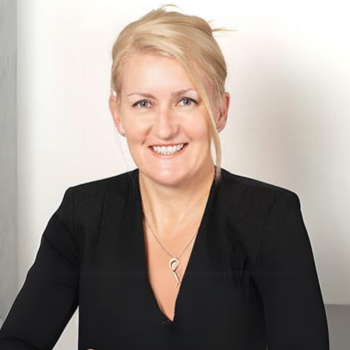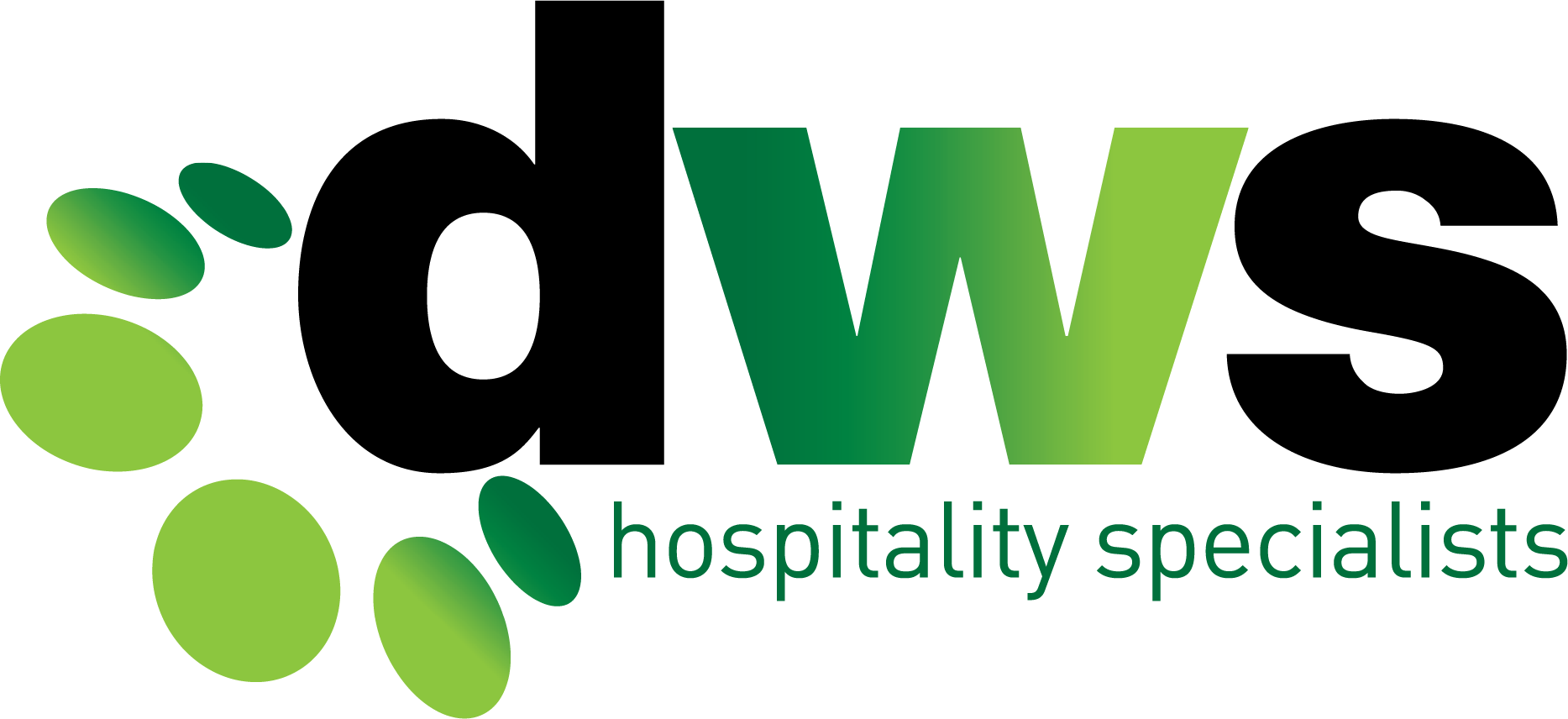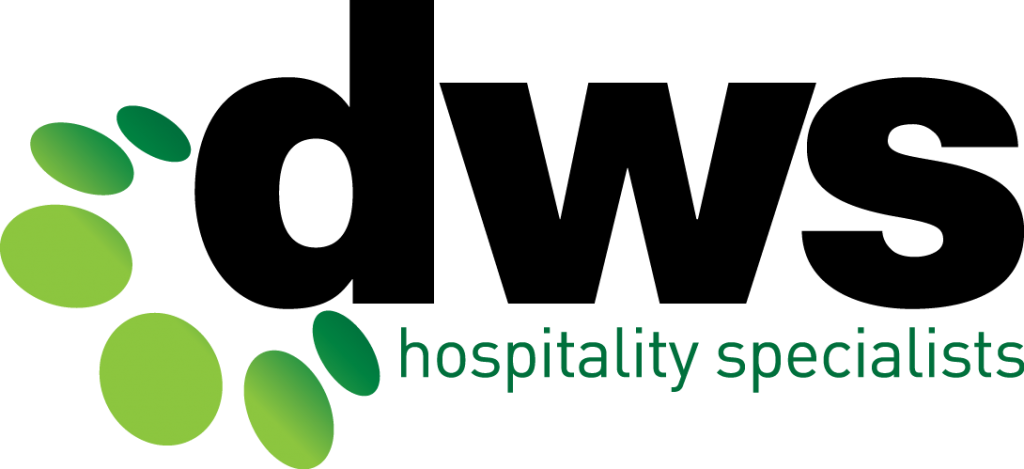All businesses now have a positive duty to eliminate, as far as possible, the following behaviour from occurring in a work context or in connection with work:
- Sex based discrimination
- Sexual harassment
- Sex based harassment
- Behaviours that create a hostile workplace on the ground of sex
- Related acts of victimisation.
These behaviours in a workplace are now unlawful under several acts including the WHS Act 2011 (Qld) and Sex Discrimination Act 1984 (Cth). The person in control of the business is responsible for ensuring the positive duty is actively in force and being maintained at all times.
Why?
The behaviours are unlawful because they affect the physical and mental health and safety of people involved. Allowing this behaviour to happen is also bad for your business in terms of poor morale, high turnover, decreased productivity and increased absenteeism. You could be subject to risk of reputational damage, increases to your workers compensation premiums and large fines and legal costs.
The biggest reason why this is now so significant in law is because IT KEEPS HAPPENING. Despite policies, procedures, disciplinary processes, media attention, the Me Too movement, people are still being sexually attacked and compromised in the workplace. Everyone should be able to expect to come to work in a safe, respectful and inclusive environment.

The ‘traditional’ practice of having a policy in place stating the business’ stance on preventing and dealing with sex based harassment and discrimination is now no longer adequate. Businesses in QLD must have a Prevention Plan in place by 1 March 2025, backed up by a business specific risk assessment, safe reporting methods, clear disciplinary rules and avenues for support.
When does positive duty apply?
- At work in the usual work environment
- Working remotely
- Staff drinks / parties or events held by the company
- At conferences or training courses
- Between colleagues outside the workplace and outside work hours
What are some risk factors that increase sexual harassment?
- High percentage of male workers
- Supervisors and managers are mainly men
- Employees liaise with fellow workers, customers, patrons, contractors and visitors
- Employees on casual and short-term contracts
- Limited diversity in the workplace
- Isolated or remote workplace
- Workplace is generally divided by gender (women in the office, men on the tools)
- Disrespectful behaviour is common, allowed, ignored or accepted as the norm in your workplace
- No clear and effective code of conduct exists
- Your workplace justice / disciplinary processes are not fair, just or consistent.
- Workers fear retaliation if they report unlawful behaviour.
How to meet your positive duty
Every business in Qld (and other jurisdictions) must meet their positive duty. Here are ways of implementing and maintaining your duty:
- INFORM: yourself, your board and management of the positive duty and implications
- ASSESS: undertake a risk assessment of your business using an appropriate template / guide. Be honest and transparent in your findings. Take into consideration your operations, worker demographics, business structure, organisational hierarchy, reporting methods, sick leave, exit interviews, complaints made, incident reports.
- CONSULT: talk to your workers about what they need for a safe and respectful workplace.
- DOCUMENT: prepare your Prevention Plan based on your findings from the risk assessment and consultation.
This fact sheet and changes to the legislation reflect the FACT that 97% of reported sexual harassment and assault perpetrators were male. It is time that this behaviour, attitude and disrespect is stamped out for good. As a society, as human beings, we need to do better.
If you have any questions, get in touch with Michelle Bates, Safety & Compliance Advisor via email michelle@dws.net.au.
About the Author
A highly qualified advisor, Michelle brings with her 20+ years of experience in safety and compliance. With experience spanning multiple industries including hospitality, construction, mining, environmental services, large municipalities and amusement centres, Michelle brings fresh ideas and a breadth of knowledge to her role as DWS’ Work Health, Safety and Compliance Advisor.
If you have any questions about WH&S or compliance questions, please get in touch with Michelle Bates.





